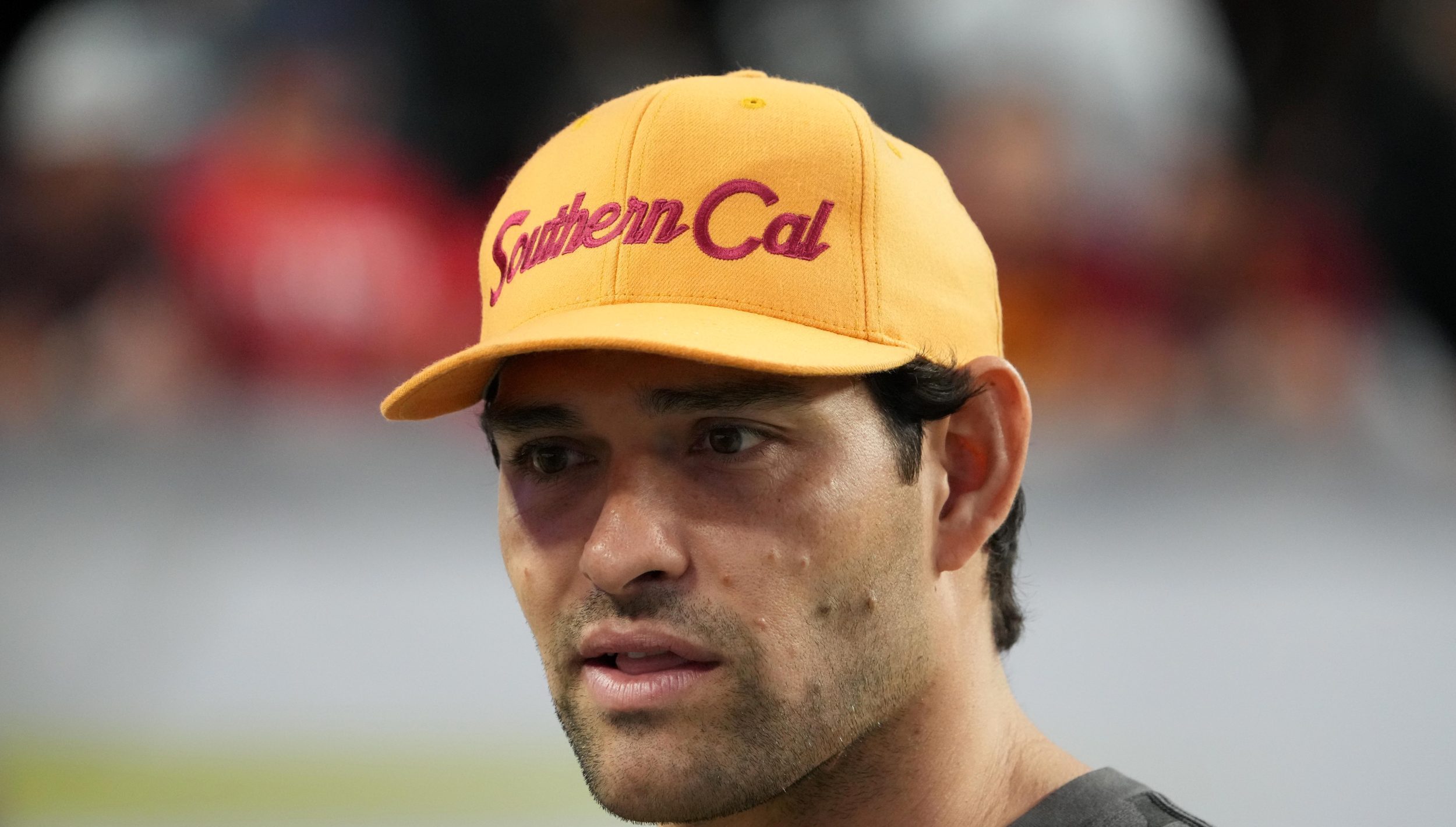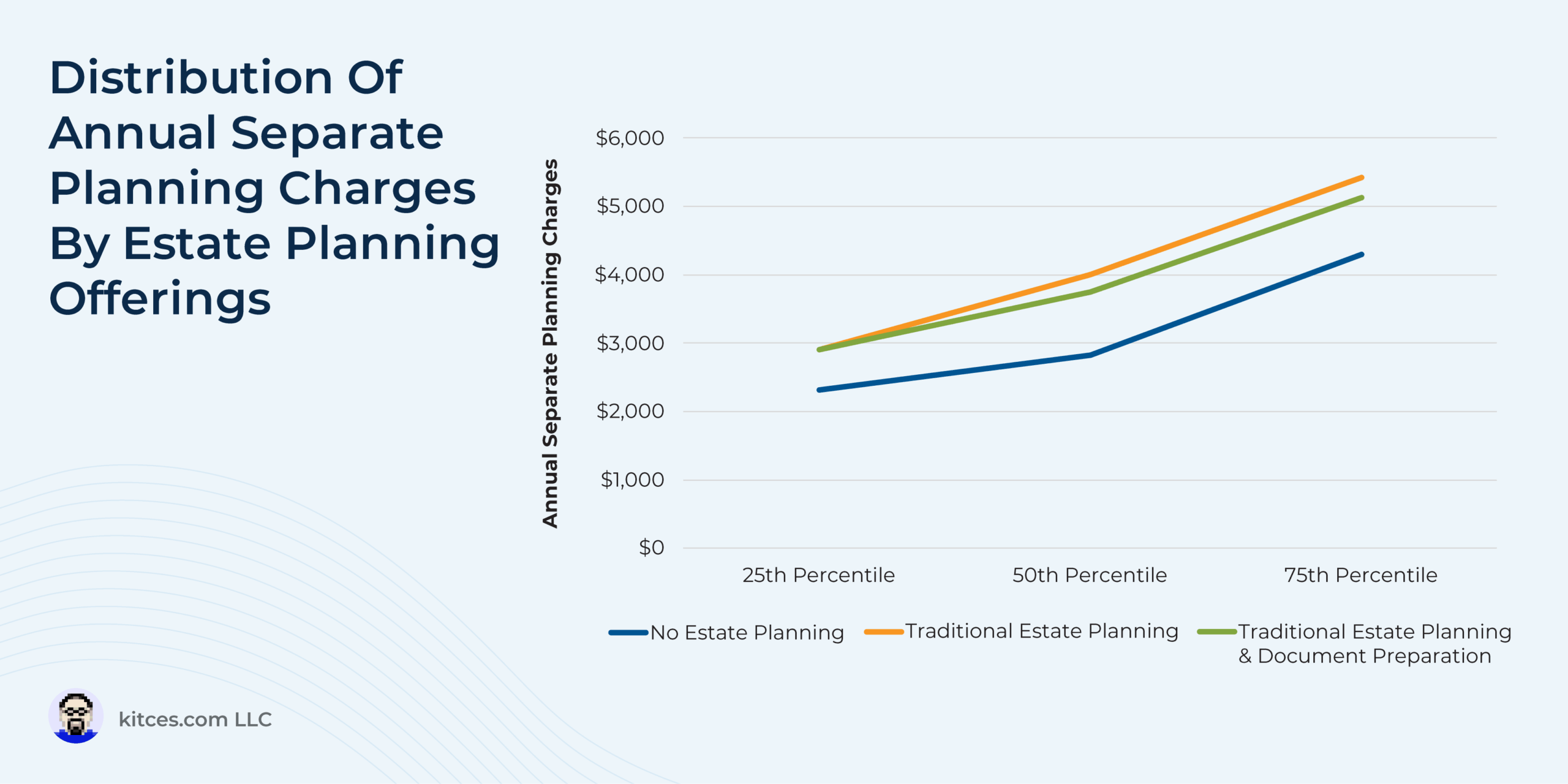In 2020, the city of Somerville, Massachusetts—the hipster community just north of Boston with a population of 81,000—recognized “polyamorous” relationships. It did so by extending domestic partnerships to include relationships between three or more people.
In a country where polygamy is illegal, and in a state where, for the time being at least, only couples are recognized, the practical impact of this ordinance is limited. City employees who belong to a “throuple” can receive benefits, and a “quad” can visit one of its members in a hospital during restricted visiting hours.
This development, however, does not negate the significant consequences of declaring that unconventional sexual arrangements deserve legal rights and privileges akin to those of married couples.
Five years after the city ordinance passed, the practical legal benefits for officially registered throuples remain somewhat ephemeral. Still, Somerville is emerging as the polyamory capital of America. One notable “polycule” in the city, as chronicled by the London Times, includes 80 people—meaning roughly 0.1 percent of Somerville’s population is sexually involved in it.
The city also hosts Indecent, described as a “fetish- and kink-positive party,” as well as “smut slam poetry readings.” According to a recent report by the Harvard Crimson, there are now 22 registered polyamorous domestic partnerships in Somerville, accounting for 5 percent of all domestic partner registrations over the past five years.
Somerville, wrote the London Times last month, “is the most polyamory-friendly city in America, a haven for people and their girlfriends, boyfriends, spouses, ‘them-friends,’ ‘hunnies’ and ‘sweeties.’”
A Somerville city councilor, J. T. Scott, told the Harvard Crimson, “Everyone on the City Council knows someone who is polyamorous. This is Somerville.”
### Ordinance Criteria and Regional Developments
Somerville’s ordinance that allows for throuple domestic partnerships requires participants to “reside together” and “consider themselves to be a family” to qualify. For polyamorous activists, however, this proved too restrictive for their expansive relationship styles.
When neighboring Cambridge, Massachusetts, recognized polyamorous domestic partnerships in 2021, the Polyamory Legal Advocacy Coalition pushed successfully to eliminate the residential requirement, which the Harvard Law Review described as “cost-prohibitive.”
### Voices from the Community
This month, student reporters at the Harvard Crimson spoke to 10 polyamorous residents of Cambridge and Somerville to explore the effects of domestic partnership recognition.
One woman described meeting a man at a “non-monogamous speed dating” event while she was also involved with a girlfriend. Another man shared, during a series of online Zoom meetings (where his “hair and beard [were] impeccably combed”), that he views polyamory as an alternative to marriage.
Another woman, who displays a polyamorous flag in front of her house, detailed various arrangements she has engaged in. Interestingly, none of those interviewed had officially contracted a domestic partnership.
A common theme emerged: they all participated in multiple sexual relationships that they cycled through and replaced regularly.
Sarah K. Biddle, who goes by “they,” explained they have three separate relationships. Reflecting on the idea of entering into a domestic partnership, Sarah became emotional during the interview. “I used to always think, oh, if I want to have that, I have to choose someone,” they said.
### Political Impact: The Mayoral Race
While this may seem like a niche issue, it gained local political significance as one of the two candidates vying for Somerville’s mayoral seat in the November 4 election, Willie Burnley Jr., currently a city council member, openly identifies as polyamorous.
Burnley and City Councilor Jake Wilson were the two finalists from September’s preliminary election, which saw the incumbent mayor, Katjana Ballantyne, ousted.
Burnley, a socialist, speaks candidly about his sexual identity. He told the London Times he considers himself a “relationship anarchist” and opposes any “hierarchy” in his intimate relationships. Clearly, Somerville’s recognition of “throuples” and “quads” as domestic partners might seem too conventional for his own preferences.
Burnley believes monogamy to be “very self-destructive.” After a painful breakup, he realized “my most important relationship is with myself.”
Identifying as queer, Burnley said, “I don’t like denying myself anything sexual that I want. And frankly, I’m a bit indulgent. I don’t like the idea of denying myself something that I want and could potentially have, just because society says no.”
During his interview, Burnley waved to someone he called “another person in the community.” When asked if polyamory complicates relationships in a small city like Somerville, he replied, “Oh, certainly.”
Despite his broad sexual lifestyle likely precluding him from using the city’s domestic partnership recognition, Burnley embraces the legal legitimacy it grants to his way of life.
“We’re actually moving forward as a society, and there’s a place that actually sees us and respects us and wants to celebrate us enough that they made room legally for our relationships,” he told the Harvard Crimson.
### Broader Political Views
On policy, Burnley supports Somerville divesting from Israel, is a staunch police abolitionist, advocates for rent control, and has pledged not to clear homeless encampments. He also has the backing of Massachusetts Senator Ed Markey.
In the preliminary election, Wilson received 42 percent of the vote, while Burnley garnered 34 percent. The upcoming election will serve as an interesting barometer of how Somerville residents feel about this citywide movement toward polyamory.
—
*Related articles: Xi Cracks Down on Christians Ahead of Meetup With Trump | Gavin Newsom Claims Working-Class Background, Teases Presidential Run*
https://spectator.org/polyamory-in-somerville-5-years-after-legal-recognition-22-official-throuples-and-a-poly-mayoral-candidate/

